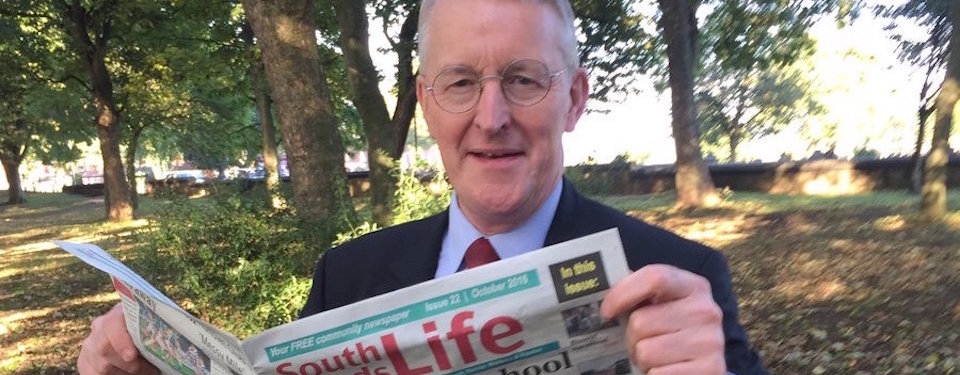
The terrorist attack in Westminster on 22 March 2017 claimed the lives of four people, including PC Keith Palmer. Many others were injured, some very seriously. The attacker was shot dead.
The following day the House of Commons held a minute’s silence and the Prime Minister made a statement. Leeds Town Hall flew its flag at half-mast in memory of those who had lost their lives and on the Friday evening I attended a vigil in the city centre.
Our thoughts are above all with the families of those who were killed and with the injured: a mum walking to collect her children from school, a pensioner who was just crossing Westminster Bridge, a man who had come to London to celebrate his wedding anniversary and a police officer who was guarding the place where we work.
They didn’t come home to their families and friends at the end of that day. And we should also give grateful thanks to the Commons staff, police and security and emergency services for their exemplary courage and devotion to duty.
What happened will also leave scars on others caught up in this horrific event; those who witnessed the attack, or went to the aid of the wounded and the dying or were frightened by the chaos and the shouting and the sight of armed police officers walking down corridors and up staircases which are so familiar to us on a normal working day.
When it was all happening, we had to deal with it whether we were locked in the Chamber (as I was) or for our staff remaining in their offices having been told not to move about. We all worried for each other while making sure our families and staff away from Westminster knew that we were OK. But shock affects people in different ways and the effects may only become apparent in the following days and weeks. Counselling is being offered and it’s much better to talk about the feelings we have than to bottle them up.
The sad truth is that what happened in London that day had been expected for some time. The police had been consistently clear that an attack was highly likely and violent incidents like this are very difficult to stop.
We know now what terror a car and a knife can inflict. There will, of course, be a review of security around the Houses of Parliament, and I am sure that additional protection measures will be put in place, but we cannot turn the home of our democracy into an impenetrable fortress.
We have to find the right balance between security and access; after all, thousands of people come to work there every day and there are lots of visitors from school parties to people coming to meet their MP or give evidence before parliamentary committees.
The best way in which we can defend ourselves against future attacks – which could come anywhere – is through good intelligence. We know that the police and the security services have disrupted a number of plots and we should applaud them for their diligent determination to keep all of us safe. And the best way we can respond to those intent on taking lives in pursuit of a warped ideology is to remain united and show by our determination to carry on that we will not be cowed or defeated.
Our democracy belongs to us all and we all have a responsibility together to defend it.


